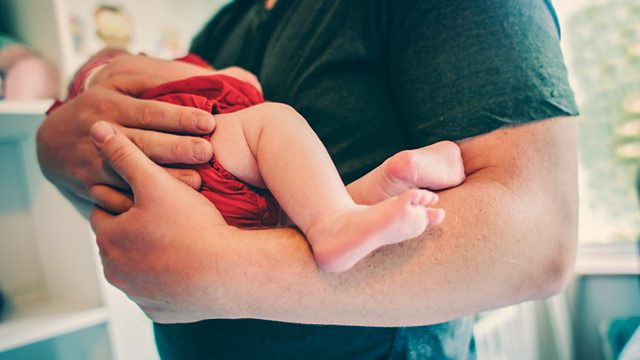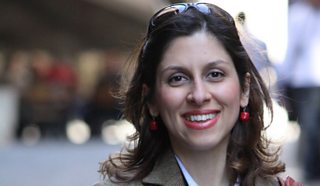The Science of Dad
Dr Oscar Duke discovers how pregnancy, birth and childcare affect the father, bringing about profound physiological and hormonal changes.
Whilst most men become fathers, and men make up roughly half the parental population, the vast majority of scientific research has focused on the mother.
But studies have started to reveal the impact of fatherhood on both dads themselves and on their children. We're seeing how fathers play a crucial role in children's behaviour, happiness, and even cognitive skills.
Oscar Duke, a doctor, new dad and author of How To Be A Dad, discovers how pregnancy, birth and childcare affect the father, bringing about profound physiological and hormonal changes. Only 5% of mammal fathers invest in their offspring, and human males have evolved to undergo key changes when their children are born.
Involved fathers can expect their levels of the 'love hormone' oxytocin to rise, nature's way of helping parents bond with their children. At birth, a dad's testosterone levels dramatically fall, increasing affection and responsiveness, and discouraging polygamy.
With more fathers taking on a hands-on role in bringing up their children, how can these new discoveries about the science of dad help support them, and inform social and healthcare policies?
Presented by Dr Oscar Duke and produced by Melanie Brown and Cathy Edwards
Featured in...
![]()
Seriously...—Seriously...
A rich selection of documentaries aimed at relentlessly curious minds.
Nazanin and the mystery of a decades old tank debt
Seriously... Archive
Even more seriously interesting documentaries from Radio 4.
Seriously... Reads
Read more about some of the amazing stories in Seriously...
Podcast
-
![]()
Seriously...
Seriously is home to the world鈥檚 best audio documentaries. Introduced by Vanessa Kisuule.




